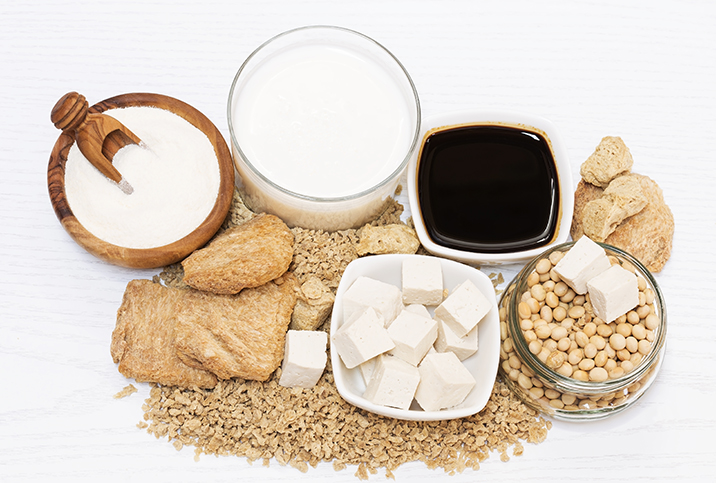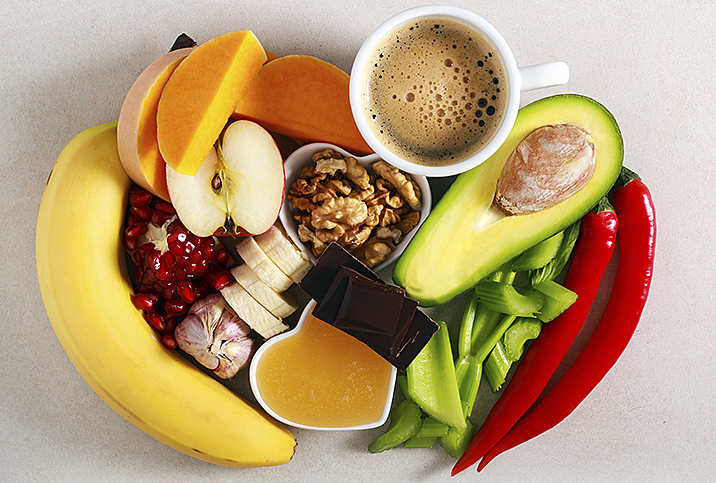Don't Fall for Misconceptions About Soy's Effects on Your Health

Why are there so many differing opinions when it comes to soy and its role in men's and women's health? One explanation is that studies about the effects of soy differ greatly depending on whether the subjects are humans or animals.
For example, rodents that were exposed to more soy showed an increased risk of breast cancer in comparison with rodents not exposed to soy. Scientists believe this is because soy is rich in isoflavones, compounds that act like estrogen in the body.
However, according to the American Cancer Society and laboratory studies, rodents process soy differently than humans, and so far, these results have not been duplicated in human subjects.
Researchers report there are no known dangers that could come from people eating soy. In fact, soy foods are generally considered healthy and safe.
Soy & testosterone levels
Over the years, many people have speculated that because soy is rich in estrogen-like compounds, consuming it may negatively affect an individual's testosterone levels. And since testosterone levels play an important role in maintaining a healthy sex drive, some people have shied away from consuming soy-based products. However, while more investigation may be needed, the majority of research indicates that soy does not significantly affect testosterone levels.
A common misconception is that consuming soy can lead to the feminization of men due to a decrease in testosterone. The source of this myth is the same as most others regarding soy: animal studies. In rodents, soy seemed to impair the fertility of male rats.
Dozens of studies over the years, however, have found that soy does not affect people in the same way. While researchers have noted individual cases of sex hormone changes in men who ate soy, these occurred when men ate extreme volumes of soy. Even then, the testosterone decreases were insignificant.
An article published by the Harvard School of Public Health (HSPH) also noted that fertility and testosterone issues are not a widespread problem in Asia, where soy-based products are more regularly consumed.
The truth about soy and breast cancer
Because soy is rich in phytoestrogens, a chemical that mimics estrogen, many women fear that eating soy can increase their breast cancer risk, but the evidence doesn't support such thinking.
In animal studies, high doses of soy have been found to stimulate breast cancer growth. But according to the HSPH, human studies have found that people process these phytoestrogens differently. In some people, the chemicals act as estrogen blockers, which could potentially reduce the overall risk of breast cancer.
Although it's not conclusive that soy can reduce the risk of breast cancer, various studies do provide evidence that supports the theory. Some scientists suspect that high soy consumption could play a role in why Asian women experience a lower risk for breast cancer.
It can be stressful to decide whether you want to order that soy latte or eat that tofu when there is so much conflicting—and sometimes scary—information available. But rest assured, because medical experts believe you can keep incorporating soy into your diet without fear of increased breast cancer risk or lowered sex drive.


















